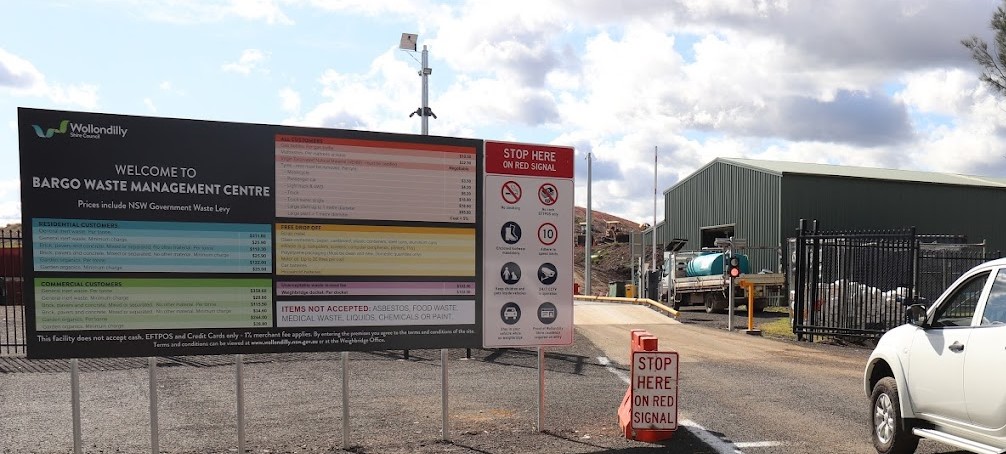
Wollondilly Council’s strategy to minimise disposal costs for spoil material generated from roadworks has generated $31 million in just three years.
The savings were revealed in a report on the costs of dumping excess soils and other waste in association with road maintenance, reconstruction, roadside drainage works, road verge works and works in the road reserve including footpaths.
“Our community rightly wants council focussed on making the most of our limited funds so we can invest as much as possible in road repair,’’ says Mayor Matt Gould.
“I’m very pleased that this report shows our excellent staff are delivering, saving millions of dollars every year by recycling and reusing our roadwork spoil.
“The recycling and disposal of spoils makes up approximately 10 percent of our spoil-generating roads and drainage expenditure, with our great infrastructure operations and waste and environmental services teams working together to squeeze every saving they can to reduce this expenditure.,’’ he said.
“Given the regulatory, operational and logistical constraints associated with spoils, I’m confident that the current approach is the most economical means of managing this waste stream.”
The report explained that the composition of spoil material varies depending on the type of work undertaken.
For example, when removing the top layer of a pavement surface in preparation for re-surfacing, the material generated is generally of a high quality and can be reused in other road maintenance works.
This material is stockpiled in various locations across the shire for use in the short to medium-term future
In this case, the only cost is in the transport to and from the stockpile location.
During heavy patching and reconstruction operations where the full depth of the pavement is excavated, a mixture of bitumen, gravel and clay is generated.
This material would usually be sorted, with the gravel and bitumen reused and the clay stockpiled for later collection and processing by a recycling company.
The material extracted from drainage and verge works is a mixture of clay, silt, organics and contaminants from litter including hard and soft plastics and glass.
Despite significant investigations, the limited end-use for this material and the high processing costs make recycling this material economically unviable, and so it needs to be landfilled.
The Protection of the Environment Operations Act 1997 provides for the NSW Government to charge licensed landfill operators a ‘contribution’ or ‘levy’, the report said.
Landfill operators are required to collect the levy as part of their gate fees to customers, and pass it on to the NSW Environment Protection Authority, in a similar way that suppliers charge GST which they pass on to the Australian Taxation Office.
The landfill levy rates are divided into three categories, determined by the location of the landfill.

Wollondilly Shire is in the fortunate position to fall within the Regional Levy Area and because Bargo Waste Management Centre (WMC) does not accept waste generated from outside the Shire, the facility pays the rate of $87.30 per ton for all material that is landfilled.
Council is required by the EPA to pay the levy even for material that is generated by its own internal operations including roadworks, despite the fact that council owns Bargo WMC.
Council’s first priority is to internally reutilise materials generated during construction and maintenance work on other sites and projects occurring in the road reserve.
Council contracts a number of companies to collect and/or process recyclable spoils, the report said.
Recycling composite materials involves a complex process of running the materials through rotating drums, shakers, screens, blowers and conveyor belts to separate the various components.
The companies’ infrastructure and mobile plant is designed and configured to recycle high volumes of this material.
Spoils generated by council’s infrastructure operations that are unable to be reused or recycled are disposed of via landfill at Bargo WMC.
For spoils requiring landfilling, it would be economically unviable for council to consider a facility other than Bargo WMC.
Across Australia, the practice of stockpiling spoils on road reserves has come under the heavy scrutiny of each state’s respective environmental compliance authorities.
While stockpiling for reuse in the short-term future is acceptable, council must be able to demonstrate that the material is able to be reused in the anticipated timeframe.



